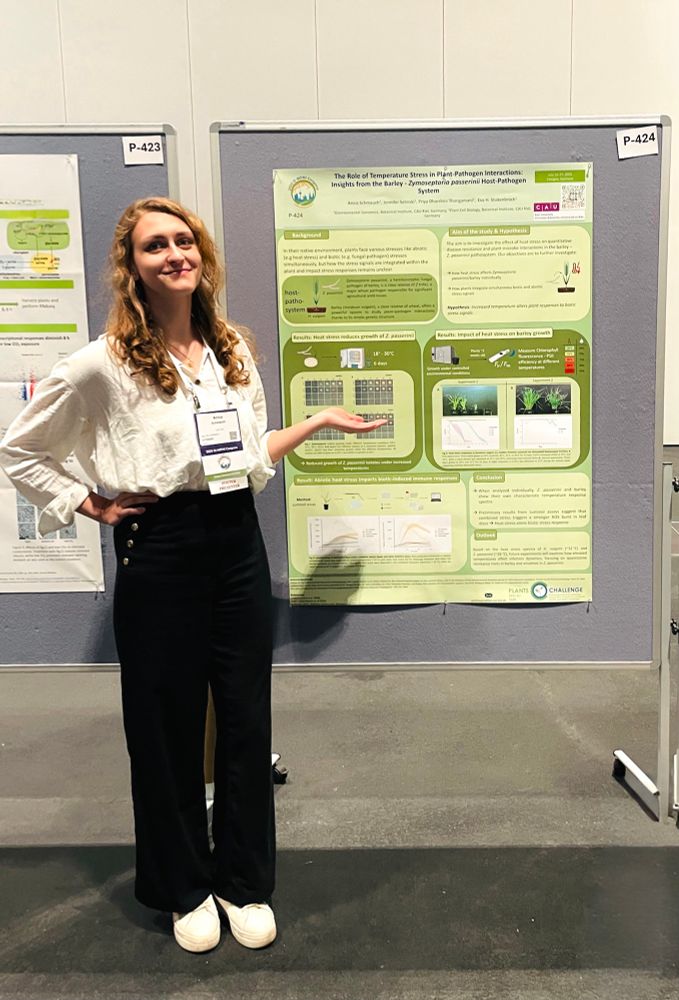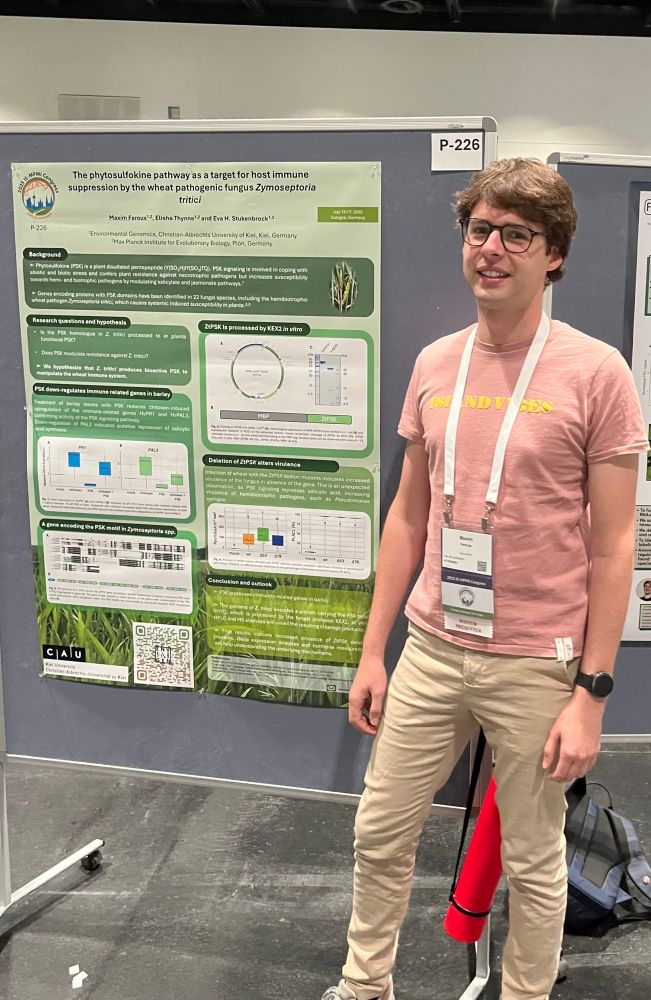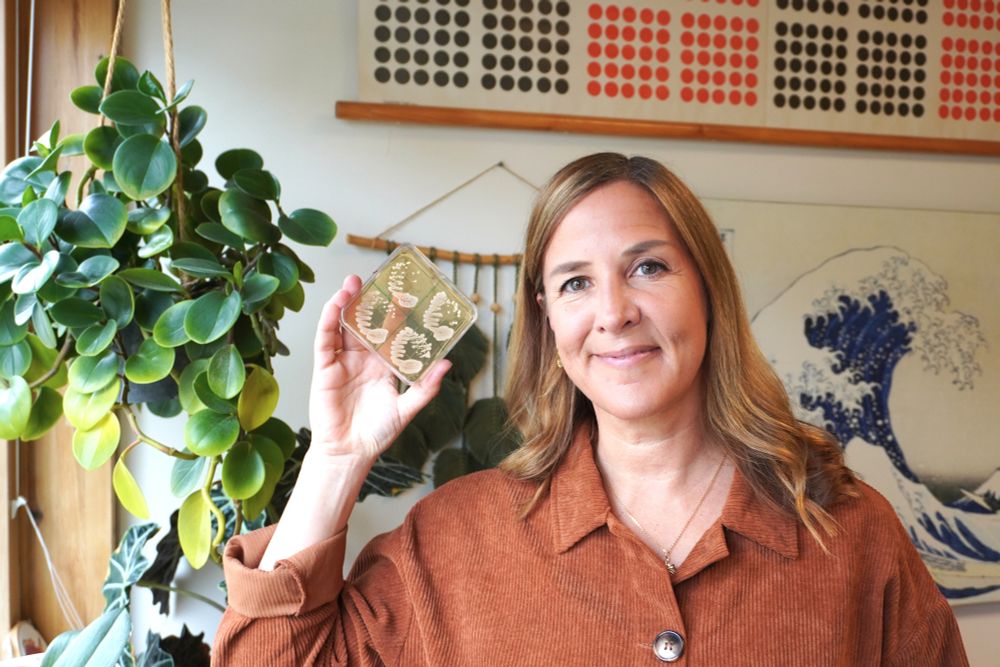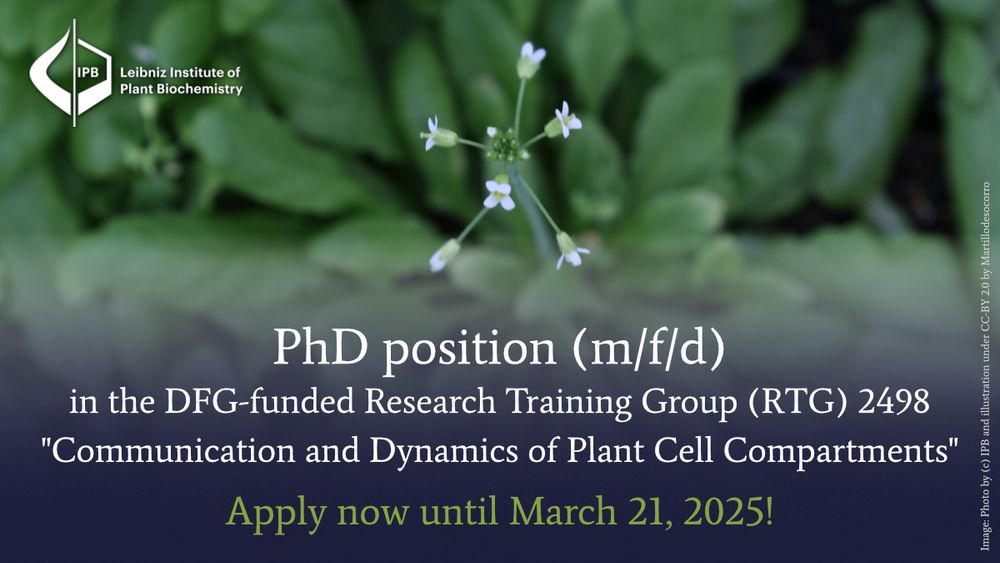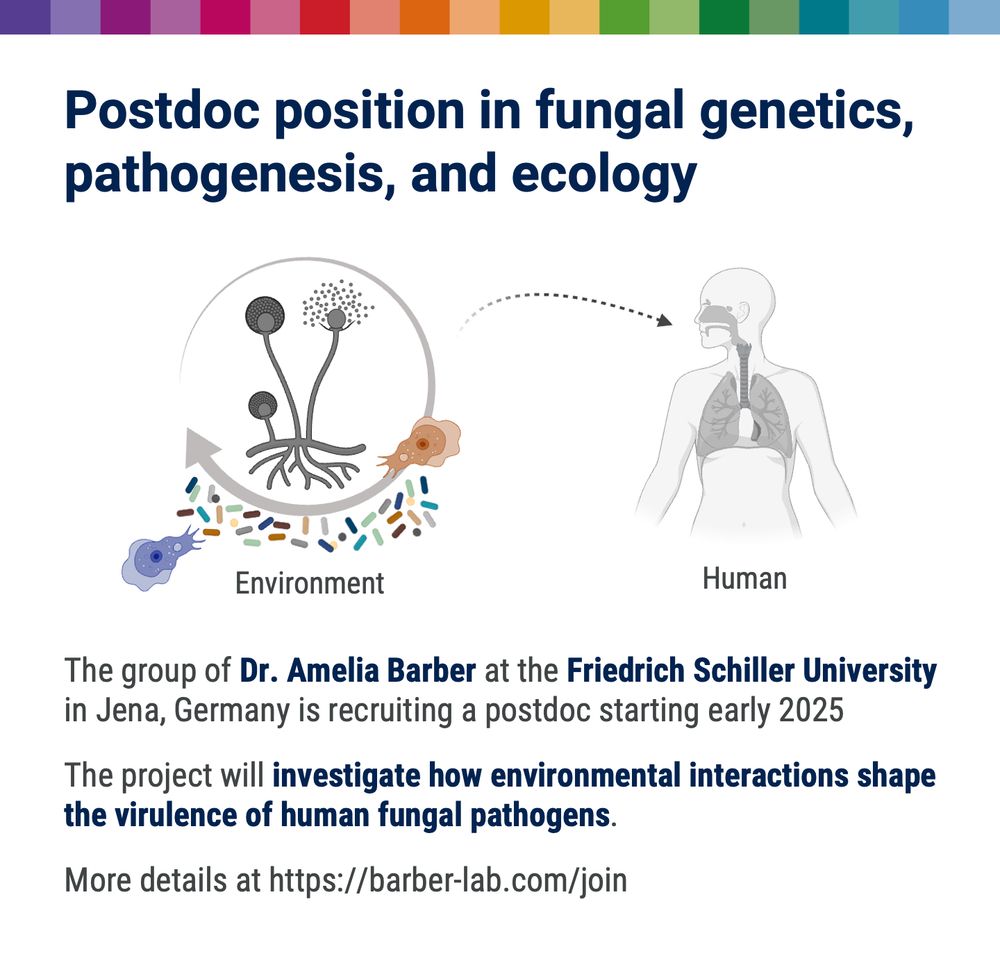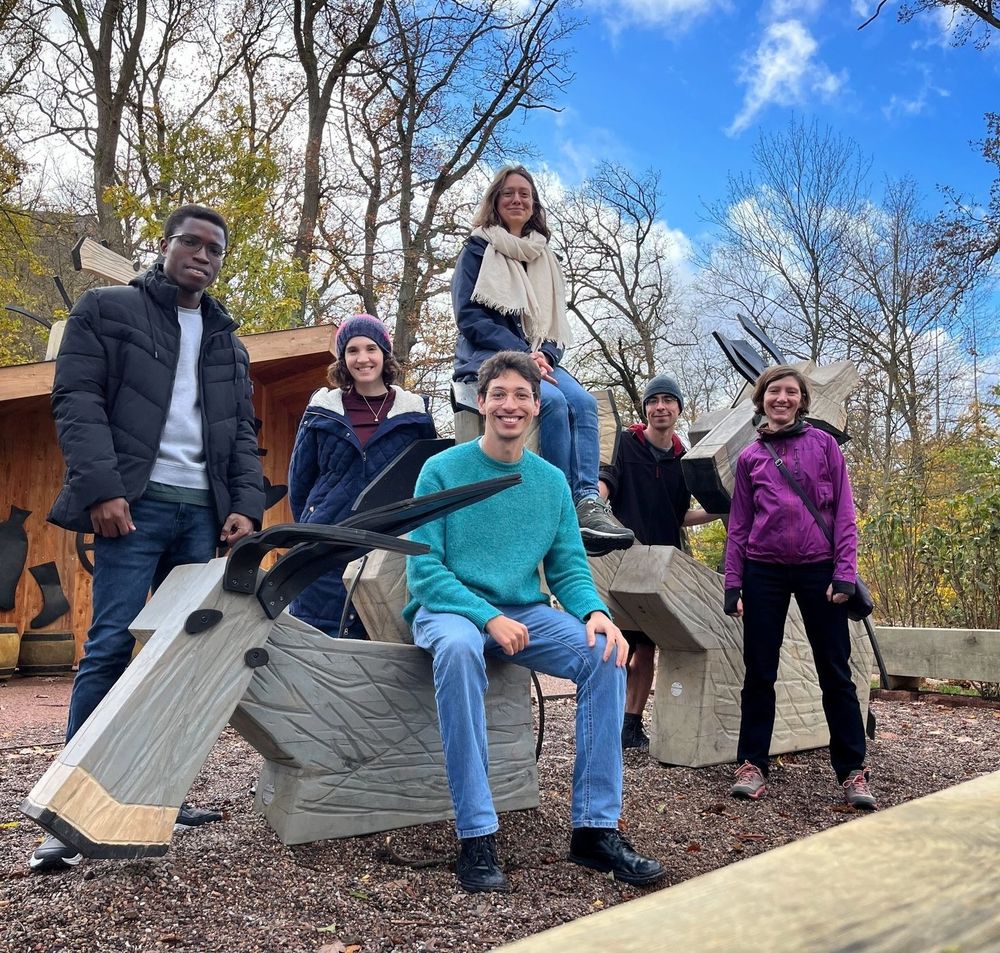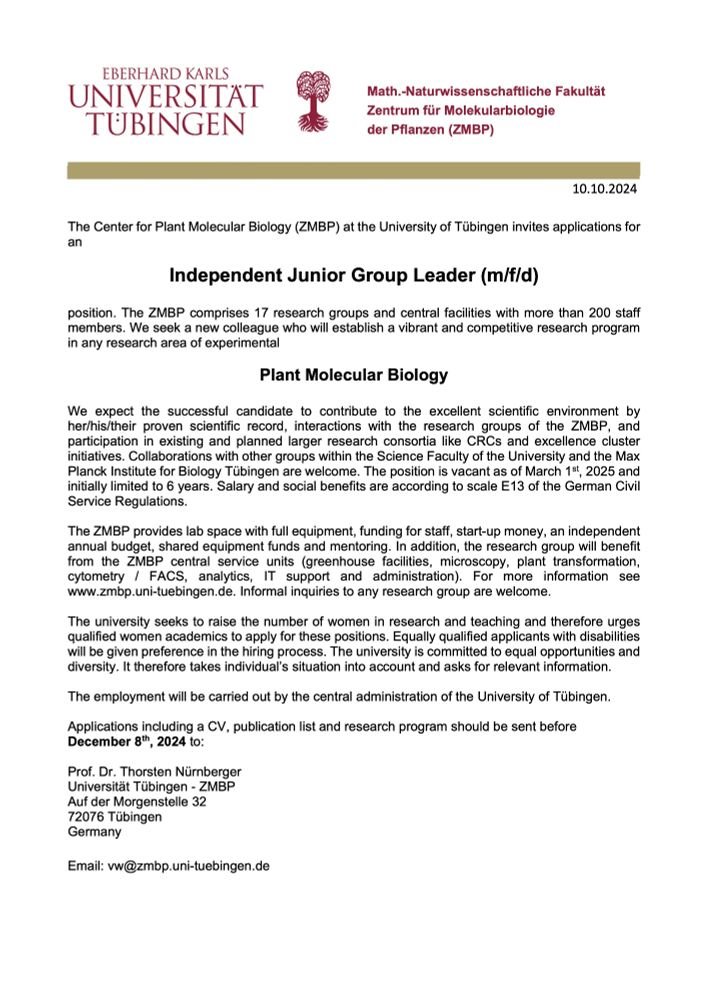Eva Stukenbrock
@estukenbrock.bsky.social
1.5K followers
56 following
5 posts
Group leader and professor at Kiel University, Germany.
Evolutionary biology, fungi, plant-microbe interactions.
Posts
Media
Videos
Starter Packs
Reposted by Eva Stukenbrock
Reposted by Eva Stukenbrock
Reposted by Eva Stukenbrock
Reposted by Eva Stukenbrock
Reposted by Eva Stukenbrock
Reposted by Eva Stukenbrock
Reposted by Eva Stukenbrock
Reposted by Eva Stukenbrock
Reposted by Eva Stukenbrock
Reposted by Eva Stukenbrock
Peter Lind
@peteralind.bsky.social
· Mar 13
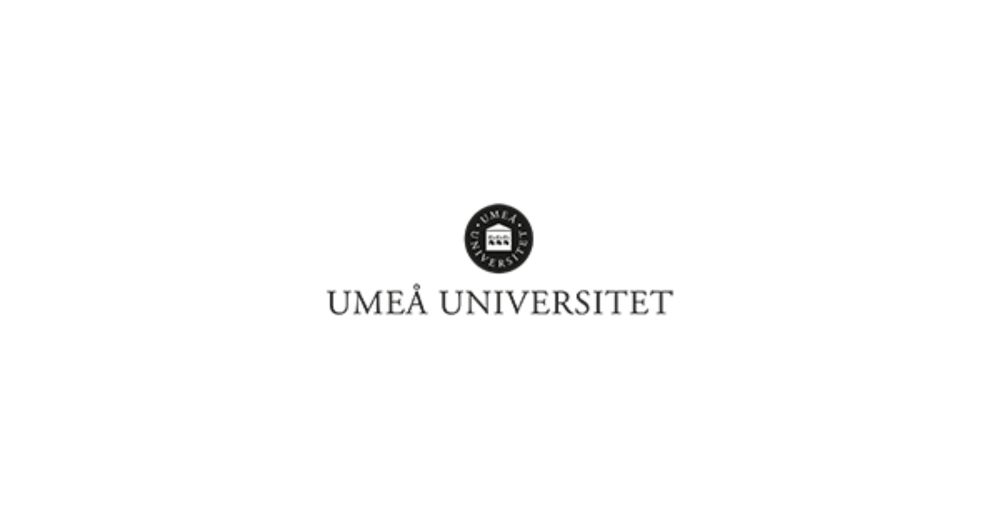
Postdoctor, 2 years, in predicting the evolution of antibiotic resistance
The Department of Molecular Biology seeks a postdoctoral researcher who will work with forecasting and steering experimental evolution of antibiotic resistance. The employment is full-time for two yea
umu.varbi.com
Reposted by Eva Stukenbrock
Reposted by Eva Stukenbrock
Santiago Elena
@sfelena.bsky.social
· Feb 20
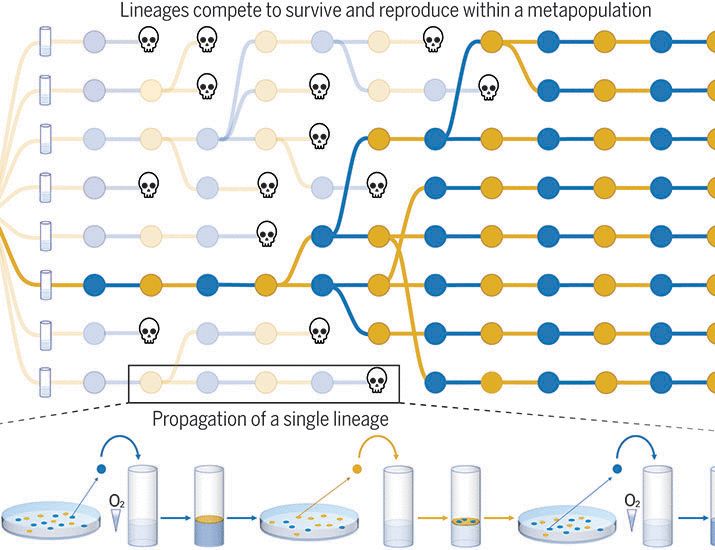
Experimental evolution of evolvability
Evolvability—the capacity to generate adaptive variation—is a trait that can itself evolve through natural selection. However, the idea that mutation can become biased toward adaptive outcomes remains...
www.science.org
Reposted by Eva Stukenbrock
Team Thomma
@teamthomma.bsky.social
· Feb 18

Cell biology of host-pathogen interactions
Microbial infections lead to drastic changes in the architecture and metabolism of the host cell. The inaugural FEBS EMBO Cell Biology of Host-Pathogen Interaction Advanced Course explores the mechan…
meetings.embo.org
Reposted by Eva Stukenbrock
Reposted by Eva Stukenbrock
Reposted by Eva Stukenbrock
Reposted by Eva Stukenbrock
Karl Schmid
@kjschmid.bsky.social
· Oct 24

The development of an in vitro floral culture transformation system for quinoa - In Vitro Cellular & Developmental Biology - Plant
Because of its high-quality seed protein and ability to thrive in marginal habitats, Chenopodium quinoa has been identified as an important emerging grain crop for global food security. However, the l...
link.springer.com
Reposted by Eva Stukenbrock
Reposted by Eva Stukenbrock
Reposted by Eva Stukenbrock
Reposted by Eva Stukenbrock




